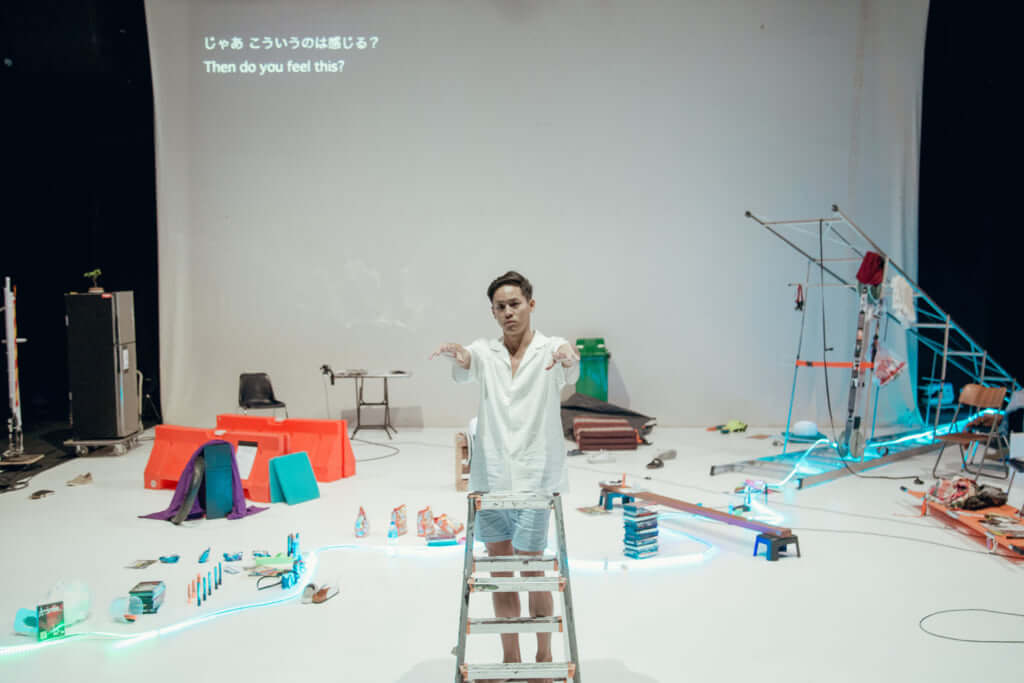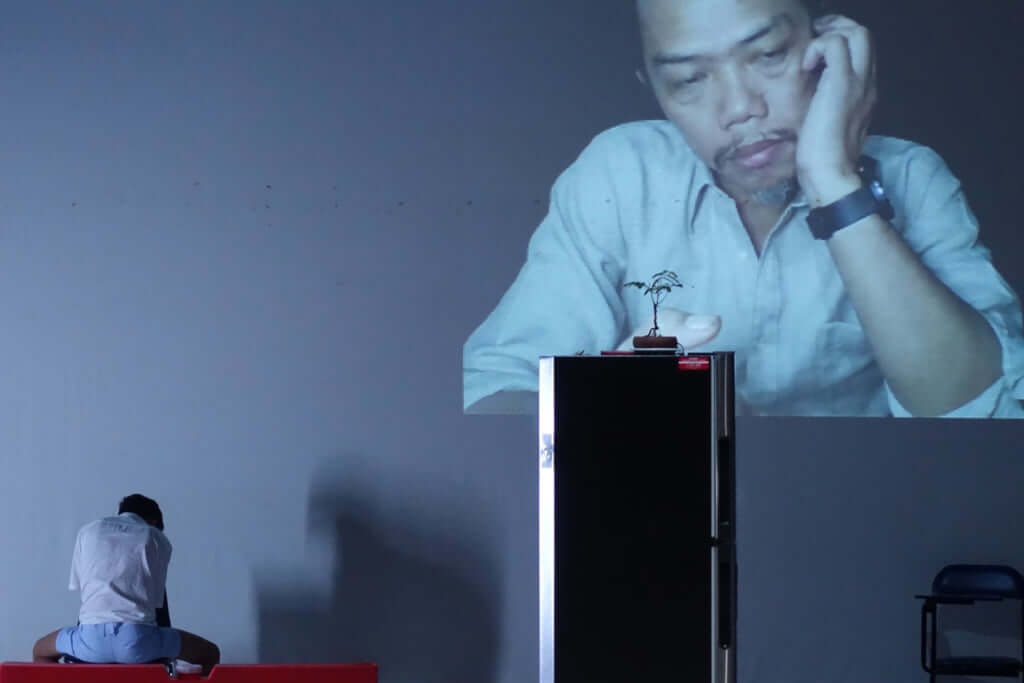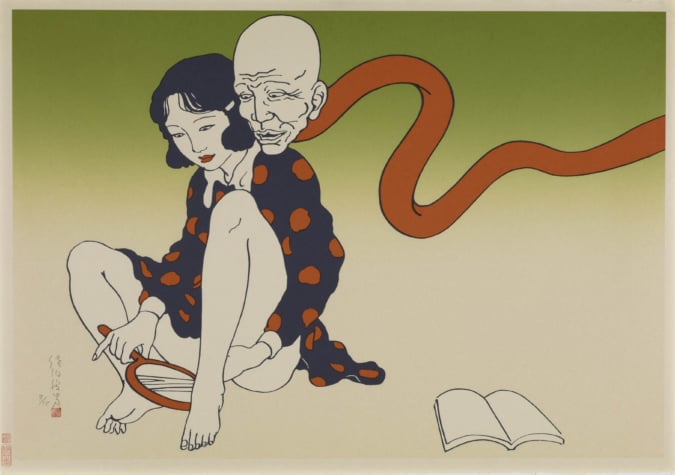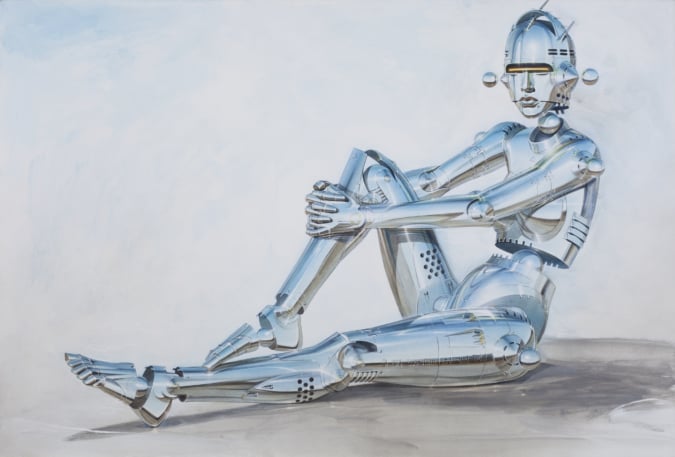‘Pratthana – A Portrait of Possession’ by Toshiki Okada at the Centre Pompidou
Adapted from a novel by Thai author Uthis Haemamool, this play depicts the love life of a painter in light of the country's recent history.

‘Pratthana – A Portrait of Possession’ © Sopanat
Following the success of his play Five Days in March (2004), staged in Paris in autumn 2017, renowned Japanese director Toshiki Okada presented his most recent work, Pratthana — A Portrait of Possession, at the Centre Pompidou from 13 to 16 December 2018. Adapted from the novel of the same name by Thai writer Uthis Haemamool, the epic play, lasting four hours and twenty minutes, retraced the existence of a painter and his tumultuous love life, while also addressing Thailand’s recent history.
Erasing borders
To stage Pratthana — A Portrait of Possession, the director, born in Yokohama in 1973, met with Haemamool for the first time in 2015 to discuss the novel, the underlying idea of which was ‘to interrogate the way in which “legitimate” history is constructed through the prism of the formation of the nation-state, and the way that this question can be aligned with those pertaining to the body.’ Through everyday depictions, the play explores issues in politics and the nation, control and power, desire and the body, looking for ways to erase borders and contours only to better transgress them.
Toshiki Okada is a firm fixture at the Festival d’Automne, having staged various plays there since 2008. The festival also features other Japanese artists, like Hideto Iwai.
Pratthana — A Portrait of Possession (2108), is a play that was staged by Toshiki Okada at the Centre Pompidou in Paris.

‘Pratthana – A Portrait of Possession’ © Sopanat
TRENDING
-
A House from the Taisho Era Reveals Its Secrets
While visiting an abandoned building, Hamish Campbell discovered photographs the owner had taken of the place in the 1920s.

-
The Taboo-Breaking Erotica of Toshio Saeki
The master of the 1970s Japanese avant-garde reimagined his most iconic artworks for a limited box set with silkscreen artist Fumie Taniyama.

-
With Meisa Fujishiro, Tokyo's Nudes Stand Tall
In the series 'Sketches of Tokyo', the photographer revisits the genre by bringing it face to face with the capital's architecture.

-
Masahisa Fukase's Family Portraits
In his series ‘Family’, the photographer compiles surprising photos in which he questions death, the inescapable.

-
Hajime Sorayama's Futuristic Eroticism
The illustrator is the pioneer for a form of hyperrealism that combines sensuality and technology and depicts sexualised robots.





